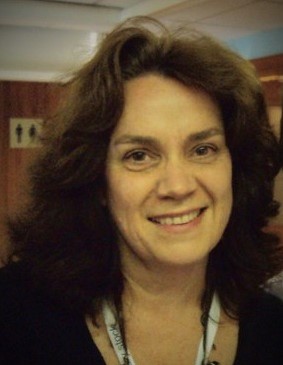Patrick Egwu
Patrick Egwu (BA Hons 2021) is an international freelance journalist based in Canada who has been awarded a 2024 Bertha Challenge Global Journalism Fellowship. The award has allowed him to work and live in the Niger Delta broadly covering climate disinformation and corruption. He reached out the Alumni Relations Office to catch up:
“It has been an interesting experience so far. I'm now in the seventh month of the year-long project. I'm currently doing some field trips, conducting dozens of interviews and reviewing a trove of documents and financial statements to expose climate corruption and disinformation among politicians and multinational oil companies.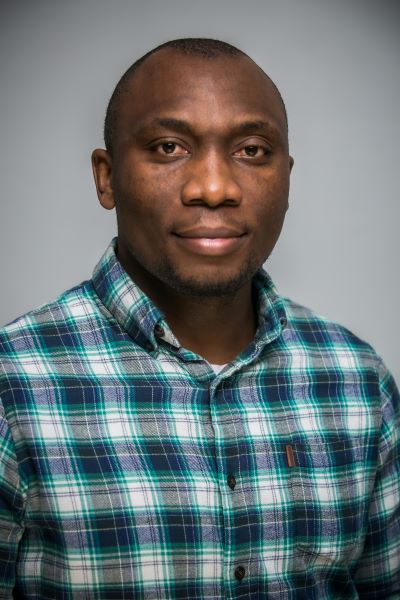
“I'm looking forward to the other aspects of the project which include publishing the outcome of my investigation and organising workshops for local communities to raise awareness at the end of the year.”
How have you used your skills/values, if any, you learned at Wits?
“Wits connections have been so valuable. I had some of the best teachers and friends during my study at Wits and we have remained close even after the completion of my program. I gained desirable skills and knowledge on investigative journalism, open-source investigation, data visualization and photography. I started off an amazing reporting career from Johannesburg after the program banking on these skills, contacts and resources to tell important stories about marginalized communities on police brutality, femicide, migration, corruption and politics in sub-Saharan Africa. The skills gained from Wits were put to use during a three-month impactful undercover investigation I did on the sale of fake COVID test results from Johannesburg in 2021, as an Open Society Foundation Fellow. I was a finalist in the 2022 Taco Kuiper Award for Investigative Journalism. My work experience was so impactful in landing my next journalism gig.”
After Patrick’s stint at Wits in 2021, he was selected as the 2021/2022 Gordon N Fisher/Journalist for Human Rights Fellow at Massey College, University of Toronto. The fellowship is a one-year non-degree journalism program. He was also selected for the 2023 Stigler Center Journalist-in-Residence at the University of Chicago Booth School of Business.
Do you have a definition of success?
“Taking meaningful steps each day and moving from where you were to where you want to be. That’s pretty much my definition of success. It doesn’t matter how slow you take those steps, but making sure your life isn't stagnant, that you show up and add value, that you gain consciously seek knowledge and upskill, and that you broaden your worldview, is how I would define success.”
What inspires you?
“Knowing that I have a bunch of folks who look up to me, rely on me and have many expectations of me is practically what inspires me in every aspect of life. So, failing or springing up excuses is not an option. The realisation that my work can have a meaningful impact on people and communities no matter how little is what inspires me.”
What's the best part of your day?
“I like my mornings. Waking up each day with gratitude, optimism and hope for a new day, taking notes, reflecting and setting goals. And then sipping a cup of morning coffee from the balcony does some magic in setting the tone for my day.”


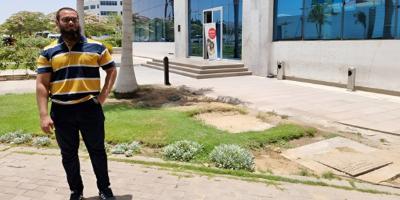
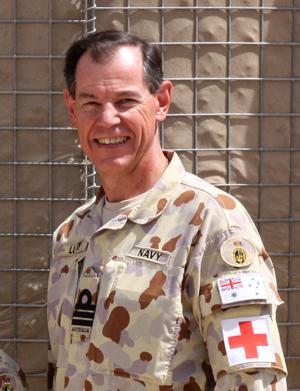
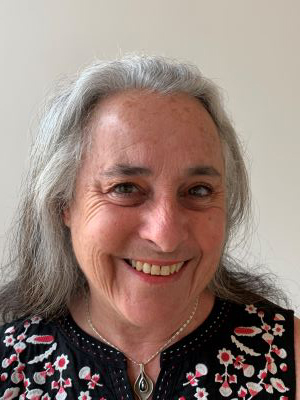
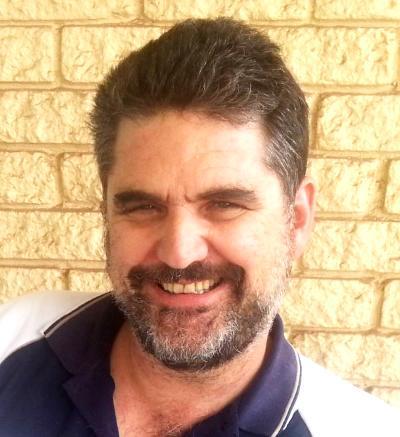 Last November Dr Kevin Brooks (BSc Eng 1980, PhD 1986) was appointed as Advanced Process Control Global Lead at Hatch, the global multidisciplinary management, engineering and development consultancy. He was appointed as visiting adjunct professor at the school of chemical and metallurgical engineering at Wits in July 2019 and assists in teaching and post graduate supervision in the field of process control.He has specialised in computer control of chemical and metallurgical manufacturing operations. In this capacity, he has worked all over the world, including in Eastern Europe and was in “Snowmaggedon” in St Johns, Canada. Kevin has been involved in the South African Council for Automation and Control since 2007 and was president of the body between 2013 and 2014. He is currently Industry Vice-Chair for the Metals, Mining and Minerals technical committee of the International Federation of Automatic Control. He is married to fellow alumna Siân Dennis (BA 1980, CPIR WBS, 1986). He has two children (Daniel and Nadine, BSc Hons 2009) and six grandchildren. Nadine is a third-generation Witsie since Kevin’s late father Dave studied dentistry at Wits.
Last November Dr Kevin Brooks (BSc Eng 1980, PhD 1986) was appointed as Advanced Process Control Global Lead at Hatch, the global multidisciplinary management, engineering and development consultancy. He was appointed as visiting adjunct professor at the school of chemical and metallurgical engineering at Wits in July 2019 and assists in teaching and post graduate supervision in the field of process control.He has specialised in computer control of chemical and metallurgical manufacturing operations. In this capacity, he has worked all over the world, including in Eastern Europe and was in “Snowmaggedon” in St Johns, Canada. Kevin has been involved in the South African Council for Automation and Control since 2007 and was president of the body between 2013 and 2014. He is currently Industry Vice-Chair for the Metals, Mining and Minerals technical committee of the International Federation of Automatic Control. He is married to fellow alumna Siân Dennis (BA 1980, CPIR WBS, 1986). He has two children (Daniel and Nadine, BSc Hons 2009) and six grandchildren. Nadine is a third-generation Witsie since Kevin’s late father Dave studied dentistry at Wits. 